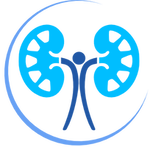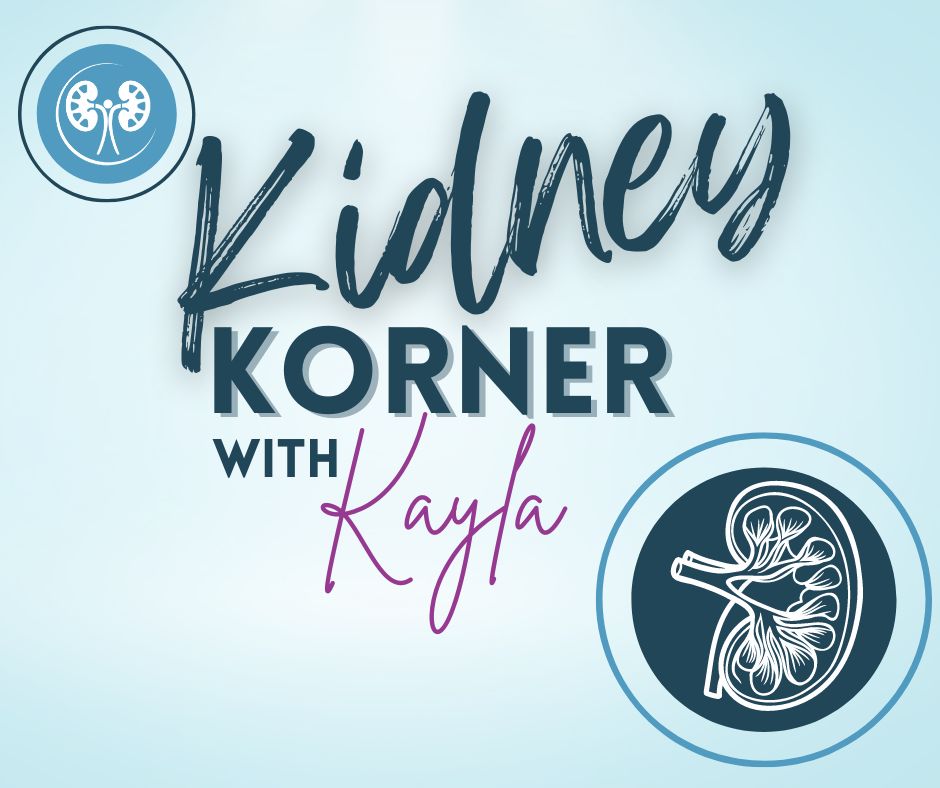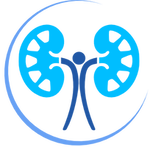You may ask, "what does hypertension have to do with the kidneys?" Hypertension, or High Blood Pressure, is actually a cause of chronic kidney disease and vice versa. Leaving high blood pressure untreated could lead to heart attack, stroke, and kidney failure. Fortunately, controlling hypertension can easily be accomplished by losing excess weight, exercising more, not smoking, and cutting down on salt.
Dr. Munjal specializes in hypertension management. As with most medical conditions, one size does not fit all. Your consultation with Dr. Munjal regarding hypertension will detail the best way to manage your high blood pressure.
Dr. Munjal specializes in hypertension management. As with most medical conditions, one size does not fit all. Your consultation with Dr. Munjal regarding hypertension will detail the best way to manage your high blood pressure.
Watch
How to Measure Your Blood Pressure at Home |
The Basics of High Blood Pressure |
|
|
|
Read
Our Blog, The Bean, has a number of posts that highlight blood pressure. Click the links below to learn more!


